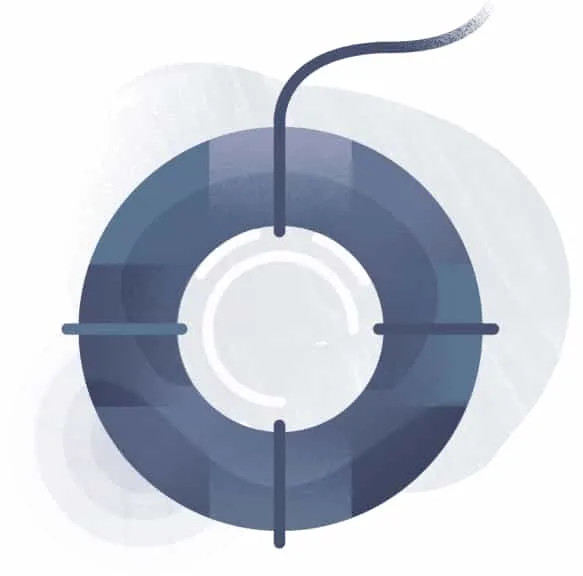Blog Categories:

Learn how to get more from your home and finances – we cover everything from home equity products to budgeting, renovating, investing and more.
Read the “Pointers” newsletter to get our senior leadership team’s analysis of the financial industry and housing market.
Check out Point’s research and deep dives. We survey real homeowners about topics and current events that matter to them.
What happens after you get your HEI funds? Learn more about repaying or refinancing your HEI and get resources for the duration of your partnership with Point.

Learn more about tapping your home equity. Compare home equity products, explore the pros and cons, and discover all the different ways your home wealth can help you reach your financial goals.

Get tips and insights for improving your financial health – everything from budgeting and paying off debt to growing your income and retiring.

Learn more about your biggest asset: your home. Get tips on maintenance and renovations, information on buying and selling a house, and more.















